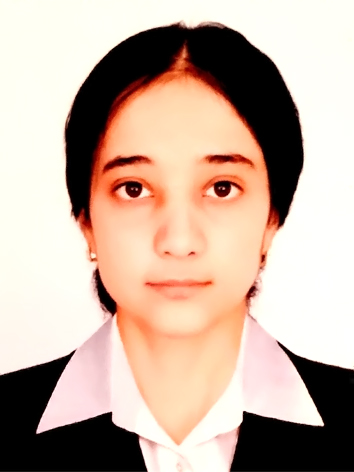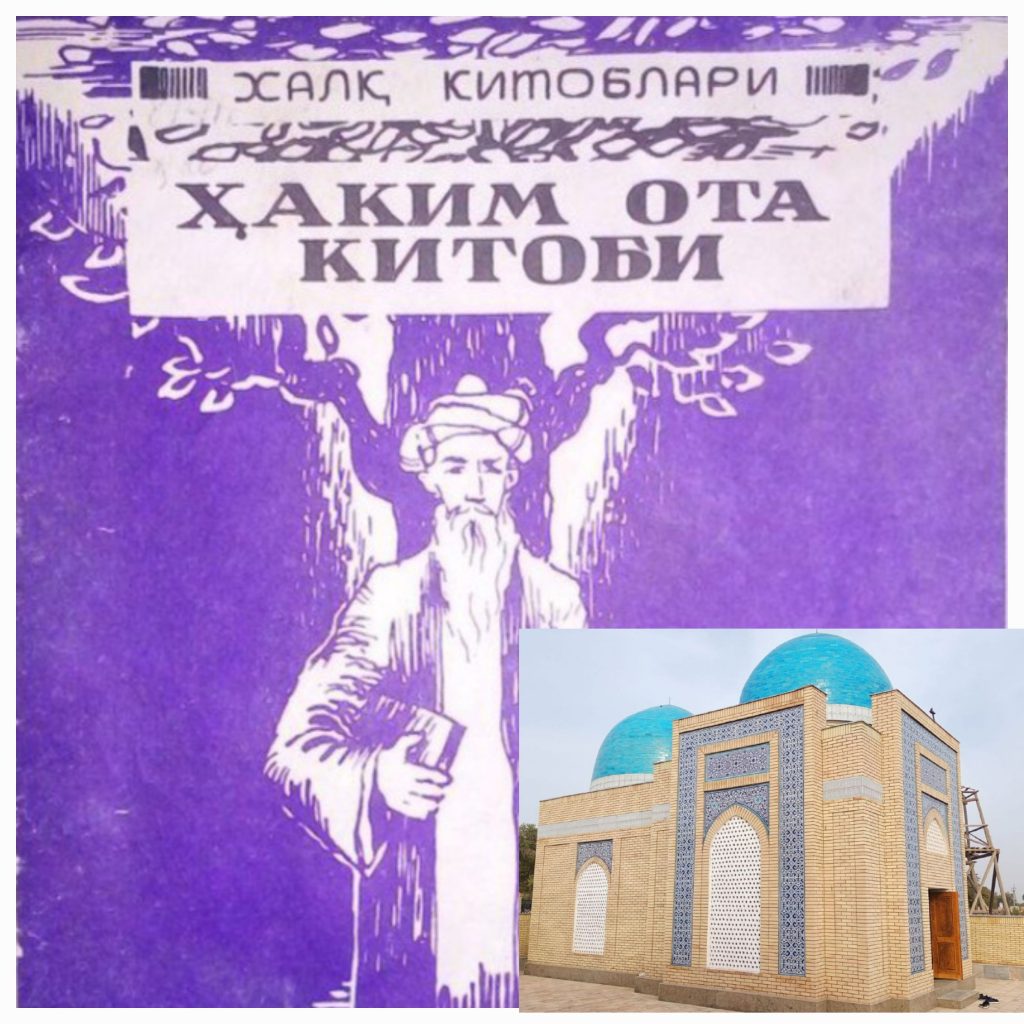*** Тhe ridge of silence is strewn with thorns of crunchy dying leaves. *** Fire gives birth and kills new perspectives *** go(o)d morning somebody need a reason for a bee to buzz not so loudly *** history of prisons teaches silence killer becomes suicidal the sky breathes snowy immortality white as if no one died *** Wheat of centuries He was forcibly resettled he sowed and sowed until the very moment of resettlement Collectivization of Soviet misfortune Slavery of the collective farm boomerang He was torn from his native land lay down in the wheat and choked on the aroma So the years passed We were all drowned like a Soviet village during industrialization We are all choked by the scent of carnivores *** We will all die from the needle of spring No one understands how people who are still alive die inside themselves We will all die from AIDS inhaling the scent of dead flowers No one will help anyone to be lonely like the cry of a newborn We will all die and no one will help us Snow falls through a hole in my hand Overdose on love Nobody really loves anyone Marijuanas needs needles powders wedding-rings Each of us is dependent Each of us is lonely Each of us will die Tattoo instead of skin AIDS instead of eternal love Light of a night star And suddenly a stone void We were all stones in our mothers belly before we were born We all freeze daily in the cold winter The black cemetery hides in the darkness of the night White clouds envelop a white bird in snow *** I've always had a crush on sexy comic book superheroes I always burned stupid comics at the stake I always burned my lonely heart at the stake I was always looking for someone I could become a heart donor for I always mixed my tears with sperm I'm still not sure that people know how to love Im still not sure Im human I don't even know who I am I'm just one letter without an alphabet And under my bed is a bottomless cemetery *** Kill me with your love I have a lot to tell you Heaven stumbles The night rots Revive me with water from snow and fire The day turns to stone Silence has a lot to tell you And the last butterflies burn in the stomach of the executed summer Death from the letters of a learned name The stream of war ---- which the thirsty fill with their own blood *** Black water flows down the cliff of a flat [as before] Earth The piano of bones plays the plague saraband And the moon above the heads of the trees turns red from the shame of the angels God's feathered assistants again pressed the wrong button on the control panel The cemetery flows down the pupil of memories Boom boom End of [hi]story *** breakdown catalysis they will catch you run fall down fatalization they will release you into the emptiness of the waters-silence *** the air is free first spring butterfly died silent trees drink sadness *** winds shod a bird lost in the snow the bird pecks lost in the wind the world is blooming like a flower dead pilots float out of the cloud-cemetery death speaks the language of kittens the abdominal cavity of the mother cat is like a fried frying pan cat jesus is not dead cat babies die ok let them die god-man again pressed the wrong veterinary button *** feathers turn to fire the sun turns into a bird and sakura blossoms-rays *** unhappy cloud shadow trees embrace the sky in spring joy
Poetry from Choriyeva Shaxrinoz

I got used to it The record of your expressions is complete. I don't even remember your faces Run away from my love This is a long standing mistake. Now I don't even want to leave the street without you The ears will never hear your description. All my dreams come true Don't forget everything. I used to rush only to you I used to dream of your smile Now I regret every moment Your mistakes are amazing lol. Choriyeva Shaxrinoz Sherali's daughter is an 11th grade student of the 32 school in the Jondor district, Buxoro region.
Essay from Mixriniso Jurayeva

THE CHARM OF THE UZBEK LANGUAGE
The Uzbek language, also known as Uzbek language, is a beautiful and fascinating language spoken by over 30 million people around the world. Its charm lies not only in its unique phonetics and grammatical structure, but also in its rich history and cultural significance. In this article, we will explore the various aspects that make the Uzbek language so enchanting and why it should be celebrated and preserved.
One of the main attractions of the Uzbek language is its phonetics. Its soft and melodic sounds, influenced by the Central Asian Turkic languages, make it a pleasure to listen to. The use of vowel harmony, where the vowels in a word are in harmony with each other, adds to its musical quality. Words like ‘qoʻziq’ (ear) and ‘yoʻlchi’ (traveler) roll off the tongue with a rhythm that is pleasing to the ear.
Another aspect that adds to the charm of the Uzbek language is its grammatical structure. It is an agglutinative language, meaning that words are formed by adding multiple suffixes and prefixes to a root word. This allows for the creation of long and descriptive words, giving the language a certain poetic quality. For example, the word ‘oshpaz’ means cook, but when we break it down, we can see that it is made up of three parts: ‘osh’ (rice), ‘pa’ (foot), and ‘z’ (doer). Thus, ‘oshpaz’ can be translated as the one who cooks rice with their feet, which is an interesting and vivid description.
The Uzbek language is deeply rooted in the history and culture of Uzbekistan. It is the official language of the country, and has been spoken for centuries by its people. Its origins can be traced back to the Chagatai language, a Turkic language used by the Chagatai Khanate, which existed from the 13th to 19th century. The language has evolved and absorbed influences from Persian, Arabic, and Russian, making it a unique blend of different cultures.
The cultural significance of the Uzbek language is also reflected in its literature. Uzbek literature has a long and rich tradition, with poets and writers producing works in various genres such as poetry, epics, and folktales. The works of great writers like Alisher Navoi and Abdulla Qodiriy have been translated into many languages and continue to be celebrated and studied by people all over the world. The language is also used in traditional music, dance, and other forms of art, adding to its cultural richness.
In recent years, there has been a growing interest in the Uzbek language and its culture. This can be attributed to the efforts of the Uzbek government to promote and preserve its national language. The government has implemented various policies to encourage the use of Uzbek in education, media, and government institutions. This has resulted in a resurgence of interest and pride in the language among the younger generation.
In conclusion, the charm of the Uzbek language is undeniable. Its unique phonetics, grammatical structure, and cultural significance make it a truly enchanting language. As the world becomes more interconnected, it is important to preserve and celebrate the diversity of languages. The Uzbek language is a valuable part of this diversity and deserves to be appreciated and promoted. So, let us all take the time to appreciate and learn more about this beautiful language.
Mehriniso Juraeva
Student of Termez State University
Poetry from Lola Hotamova
What is life? Life is a sea, life is a river It flows into the brook A person falls into a vortex Ilintirar to the hook. Man himself drank raw milk Unknown benefit, harm He goes down with his eyes open Trapped by life. Who is life, what is life What a miracle life is Unwanted people Forced to walk. Whom - to whom he meets Oliftani - peas A simple person will meet To the beach somewhere. Lola Hotamova was born on May 7,2009 in the village of Khanabad, Bukhara region. She studies in the 8th grade of the 43rd general education school in Jondor district. Poems of the young poetess were first published in 2019 in the " Zhondor ovozi"newspaper. Later, she began to appear in newspapers and magazines such as "Gulkhan", "Ezgulik", " Yangiyer tongi", " Bilimdon", "Smile". His books" Source of power", "I love my country", "Shy rabbit" have been published.
Essay from Uljaboeva Hilolaposhsho
My mother tongue
The great importance of the mother tongue
Abstract: In this article, scientific proposals and recommendations based on scientific basis and formulated by the author on this issue are expressed
Key words: mother tongue, Uzbek language, education, state language
Introduction:
All created living beings in the world have their own mother tongue from the womb. The mother tongue is ingrained in the human mind from the time it was in the mother’s womb. When a mother talks to a child for the first time, he learns his mother tongue through the fairy tales told to him by his grandmother. He learns his mother tongue. He knows the world through his mother tongue.
Language is a legacy from our ancestors. Language is our identity, our today, our tomorrow, our national pride. There are countries in the world that still do not have their mother tongue as a state language. They have to learn other languages in order to work and live. We also once had our own language, but there were times when we could not do business in our native language. Thankfully, our country has developed further, and on October 21, 1989, our native language was given the status of a state language. Our Uzbek language is also taught in the educational institutions of some countries. Let’s respect our mother tongue. All countries in the world strive to preserve their native languages.
In conclusion, we should say that the language is the heritage of the state, the main distinguishing feature of nations is language. The prestige and prestige of the country that respects its language will increase. This is in the hands of the people. We, the Uzbek people, should know our own language and honor it based on our Uzbekism. Since the Uzbek language has received the status of a sovereign language along with all official languages in the world, every citizen of Uzbekistan must know the state language.
Uljaboeva Hilolaposhsho was born on April 24, 2001 in Baghdad district of Fergana region. She is currently a part-time student of Kokan State Pedagogical Institute.
Essay from Saparbaeva Aziza (stays June 1)

Sulayman Bakirgani
Sulayman Bakirgani (Hakim ata) – (? Bakirgan village, Khazorasp district, Khorezm region – 1186) – a great representative of Sufism, a poet.
Follower of Ahmed Yassavi sect. Information about his life is mixed with different narratives. Popularly known as “Hakim Ota”. He was a murid (disciple) of Yassavi, and gained the attention of his elder with his talent and poetic talent. Boqirgani deepened the rules of his teacher’s sect and brought it to the masses. He created in a simple, fluent style.
In 1991, I finished reading the 1st book of the book “Hakim Ota Kitobi” published by Nasaf publishing house.
The book consists of 11 chapters, i.e. narratives, in which there are several narrations of the sheikh from his childhood to his death.
In particular, I found out what kind of students Ahmed Yassavi became, why they were called Bakyrgani, and how they got the name Hakim Ota.
Each story is very instructive and conclusive.
The main content of the book is the idea of the foundation of the Yassawiya sect: “A sect without Sharia, enlightenment without sect, no truth without enlightenment.”
The blessings shown to the sheikhs in some places showed that they had reached maturity.
Along with Baqirghani, there is also information about his sons Mahmud, Askar, Hubbi sheikhs and valamats such as Jalaluddin, Zangi father, Said father.
Also, the places related to Anbar, the wife of Sulayman Bakirghani, can be an example for our women today.

Poetry from Zarnigor Ubaidullayeva

A place where spring has turned into dreams
The white look of the morning in my window,
The sun of my heart rises from afar.
There is beauty in this world,
Spring is on such a fire.
The place where tulips bloom on the shores,
This world will be more beautiful.
Wake up early, look at the trees,
Spring is on such a fire,
Spring is quiet in the bosom of dreams,
There are moonlit nights.
When I open my eyes everything is bright
A place where spring has turned into dreams.
Zarnigor Ubaidullayeva Azizkulov, daughter of Ilhomjon, on January 29, 2005. Born in G’allaorol district, Jizzakh region.
